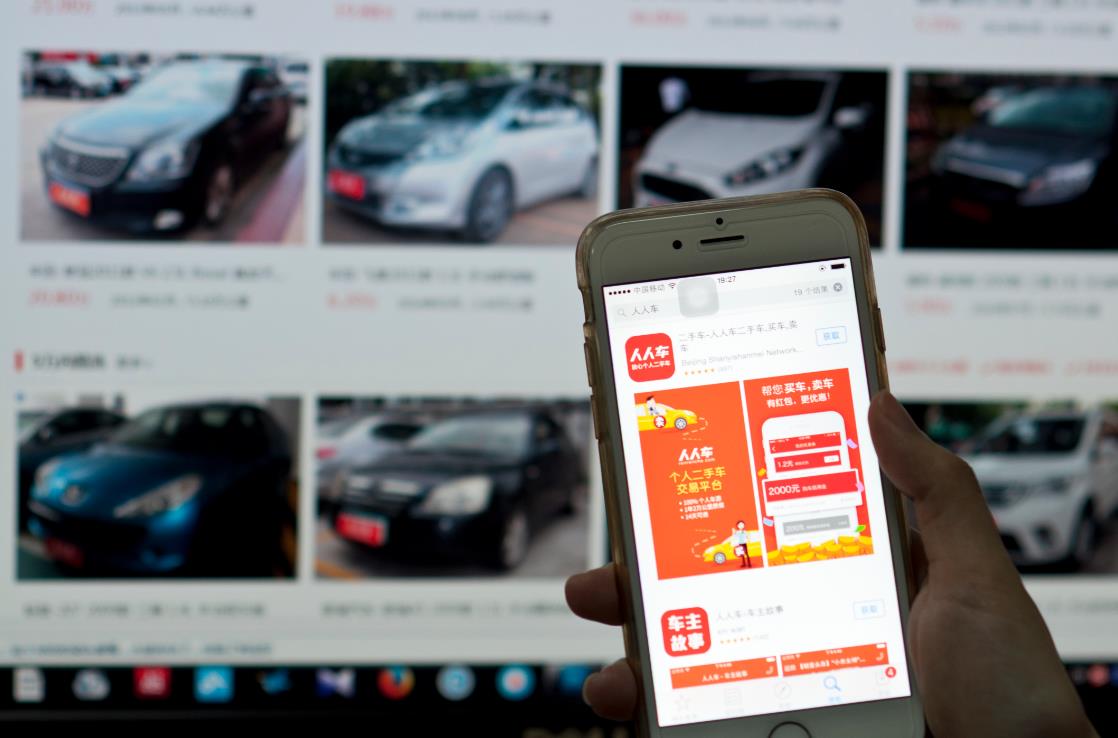High-tech spurs growth of secondhand goods market


Demand for used cars is also gaining momentum.
In the first half of 2019, a total of 6.86 million used cars were sold across China, up 3.9 percent year-on-year. Overall sales hit 43.4 billion yuan, according to the latest data from the China Automobile Dealers Association.
Luo Lei, deputy secretary-general of the China Automobile Dealers Association, said earlier that the booming market is thanks to the central government's decision to remove limits on the flow of used vehicles across regions.
Since last year, China has ramped up efforts to scrap limits on cross-region flow of used cars, as part of the country's broader push to make the automobile industry globally competitive.
"This will encourage consumers to switch cars more frequently and help enterprises to adjust their plans and explore untapped demand," Luo said.
China has about 240 million cars on the road, data from CADA showed, yet about 78 percent are from first-and second-tier cities.
"But demand for used vehicles chiefly comes from consumers in small cities, resulting in huge demand-supply imbalances geographically," according to data from Youxin, an online used car dealer.
To tap into the demand, major car dealers including Renrenche, Youxin and CARS are all gearing up to enter more cities and provinces to boost market share.
Major ride-hailing firm Didi is also entering the market by buying used vehicles directly from Renrenche in a bid to lower costs.
"The transaction volume between the two sides is likely to exceed 2 million vehicles in three years," said Renrenche in an earlier statement.
Major internet behemoths are also joining the fray.
In June, JD announced plans to inject more than $500 million into the secondhand platform Aihuishou, which is reported to bring the valuation of Aihuishou to more than $2.5 billion.
Alibaba Group has invested in Xianyu, a major secondhand firm, while Xianyu's archrival Zhuanhuan is backed by Tencent Holdings Ltd.
With the secondhand market continuing to boom, Zhang Li, head of the e-commerce division at the Chinese Academy of International Trade and Economic Cooperation affiliated with the Ministry of Commerce, noted that the new business model has also brought about many problems.
"Most platforms in the field lack sufficient appraisal procedures, leading to the presence of many counterfeit or fake goods on those platforms," Zhang said in a report.
"Also, as with other e-commerce platforms, sellers have more information than buyers, which results in the frequent occurrence of fraudulent behavior in transactions," Zhang said.
Zhang added that it is also difficult for the government to supervise as the secondhand market involves numerous types of small platforms and applications.




































